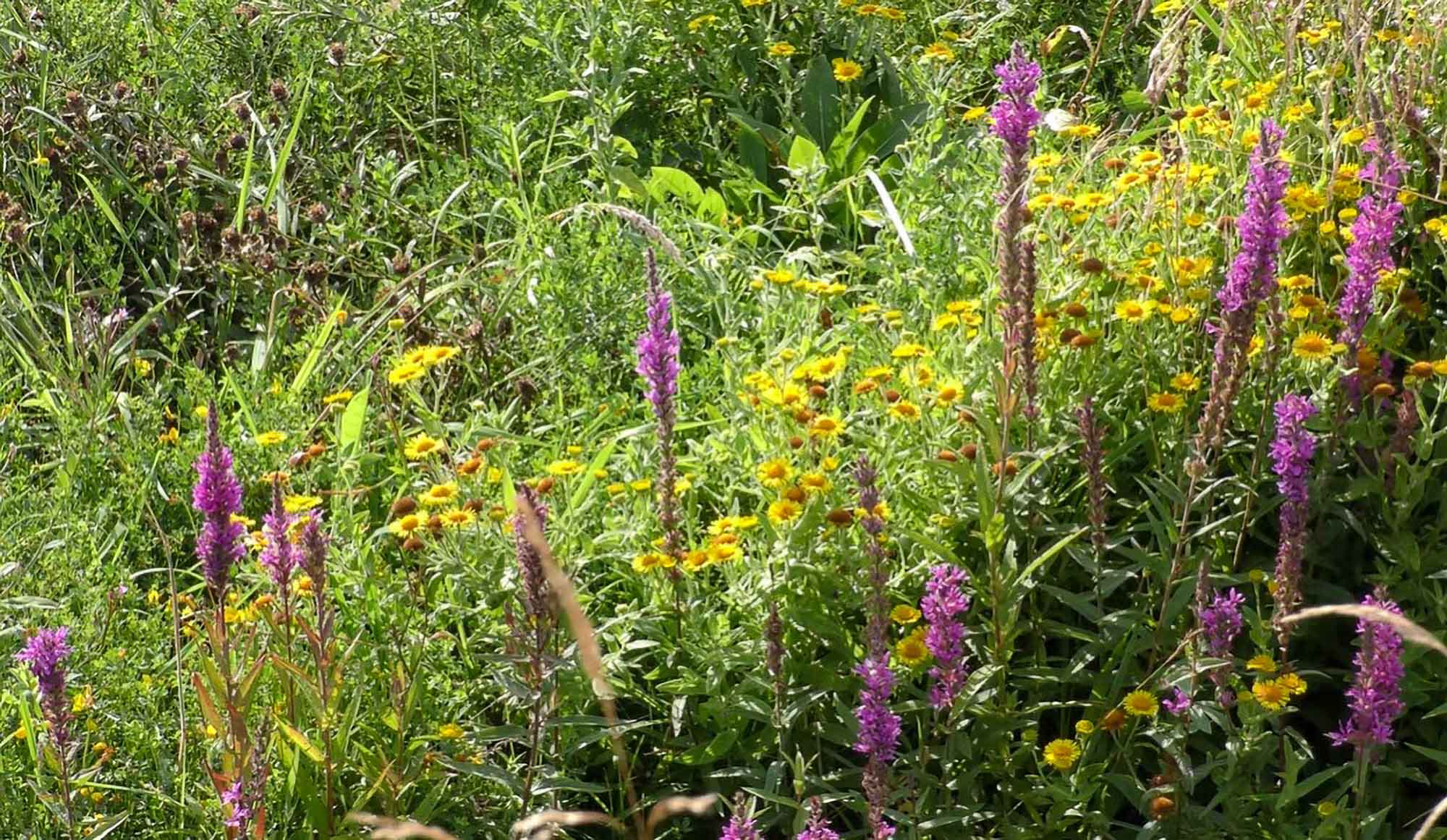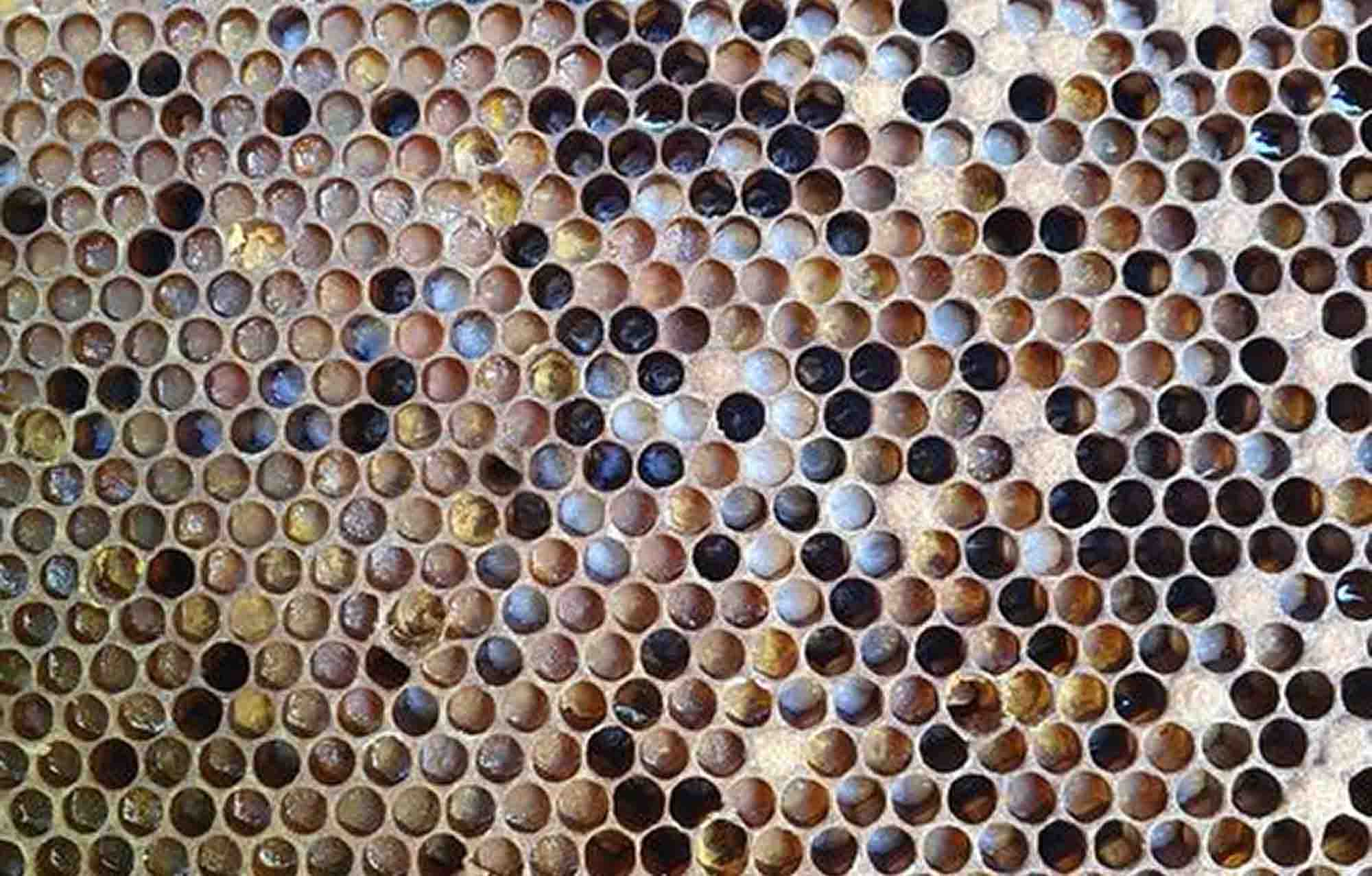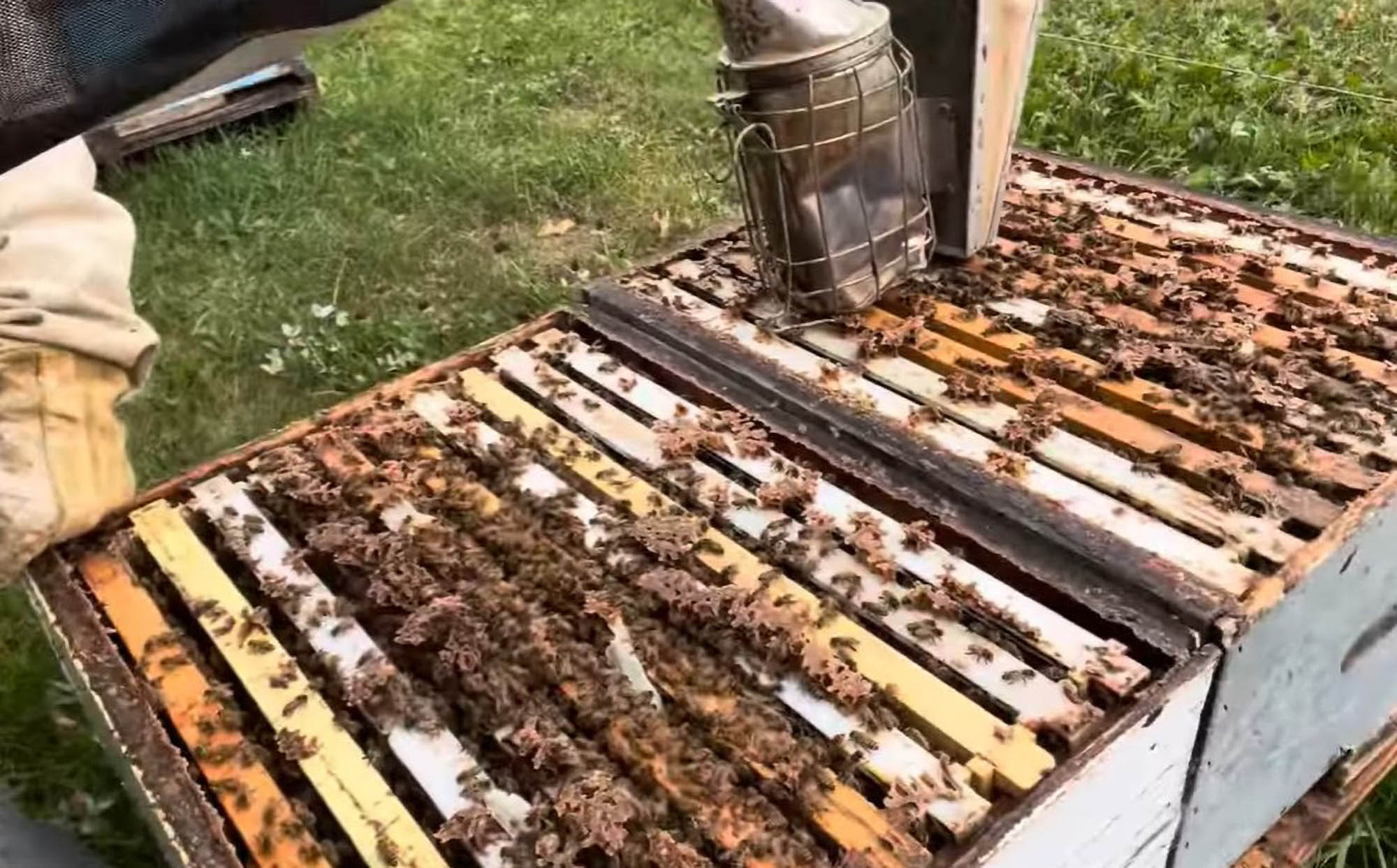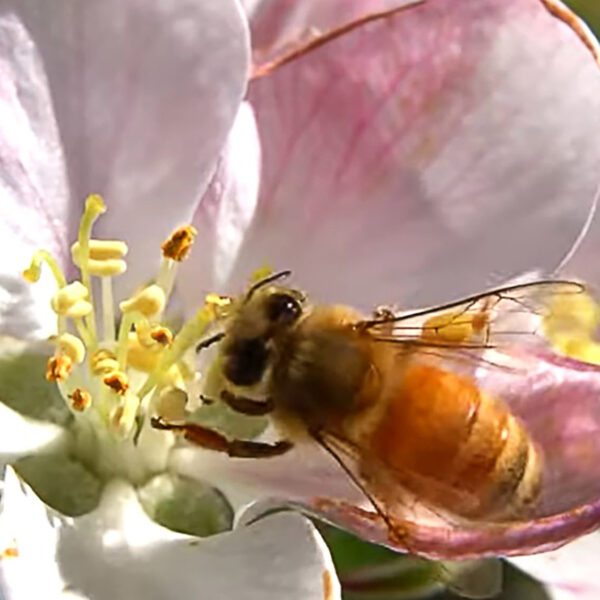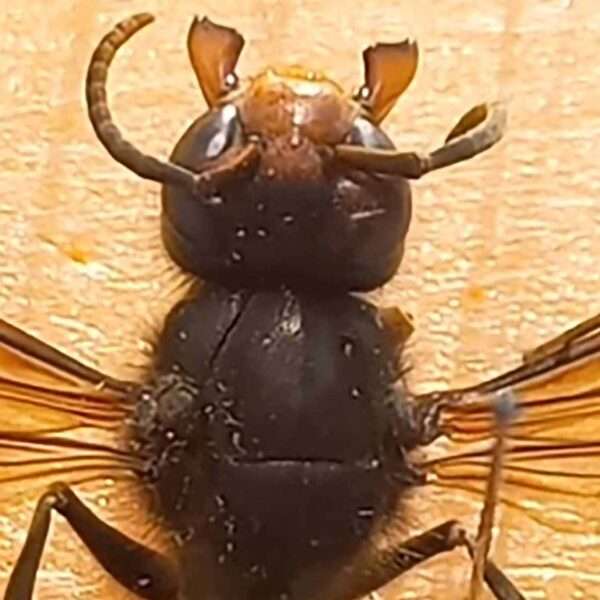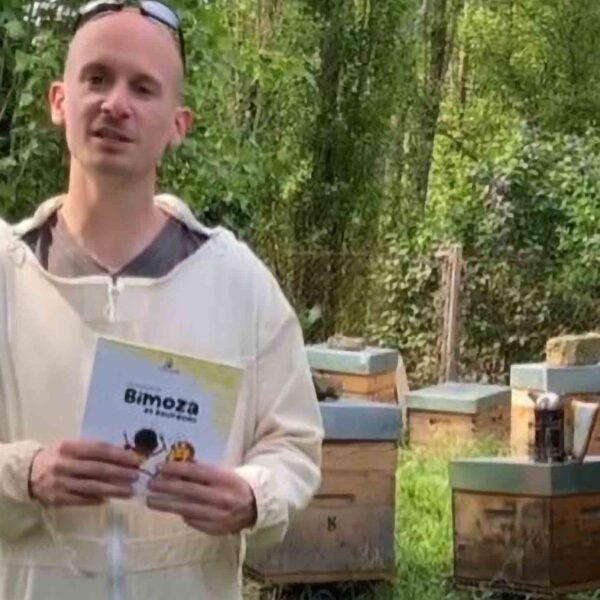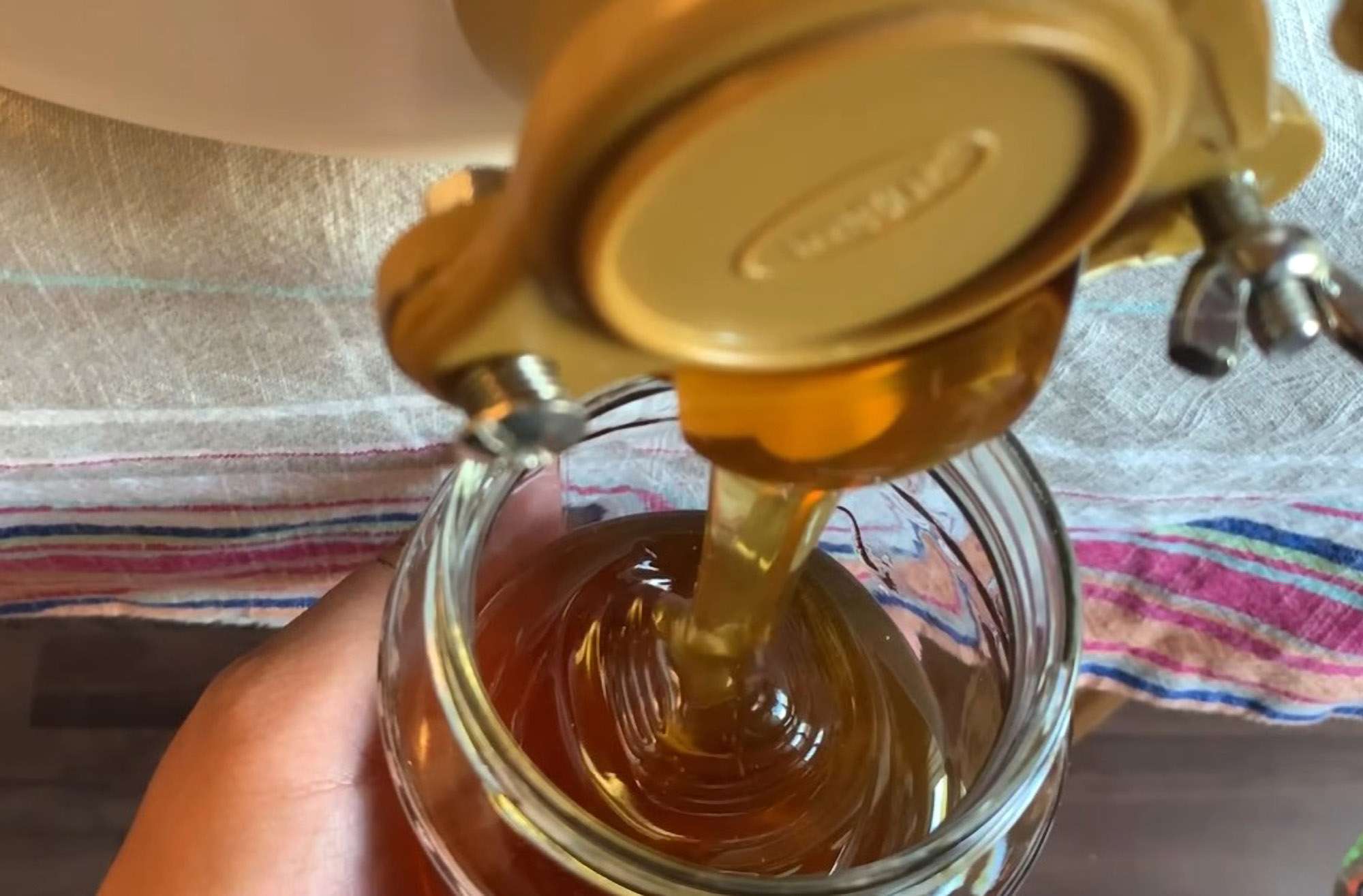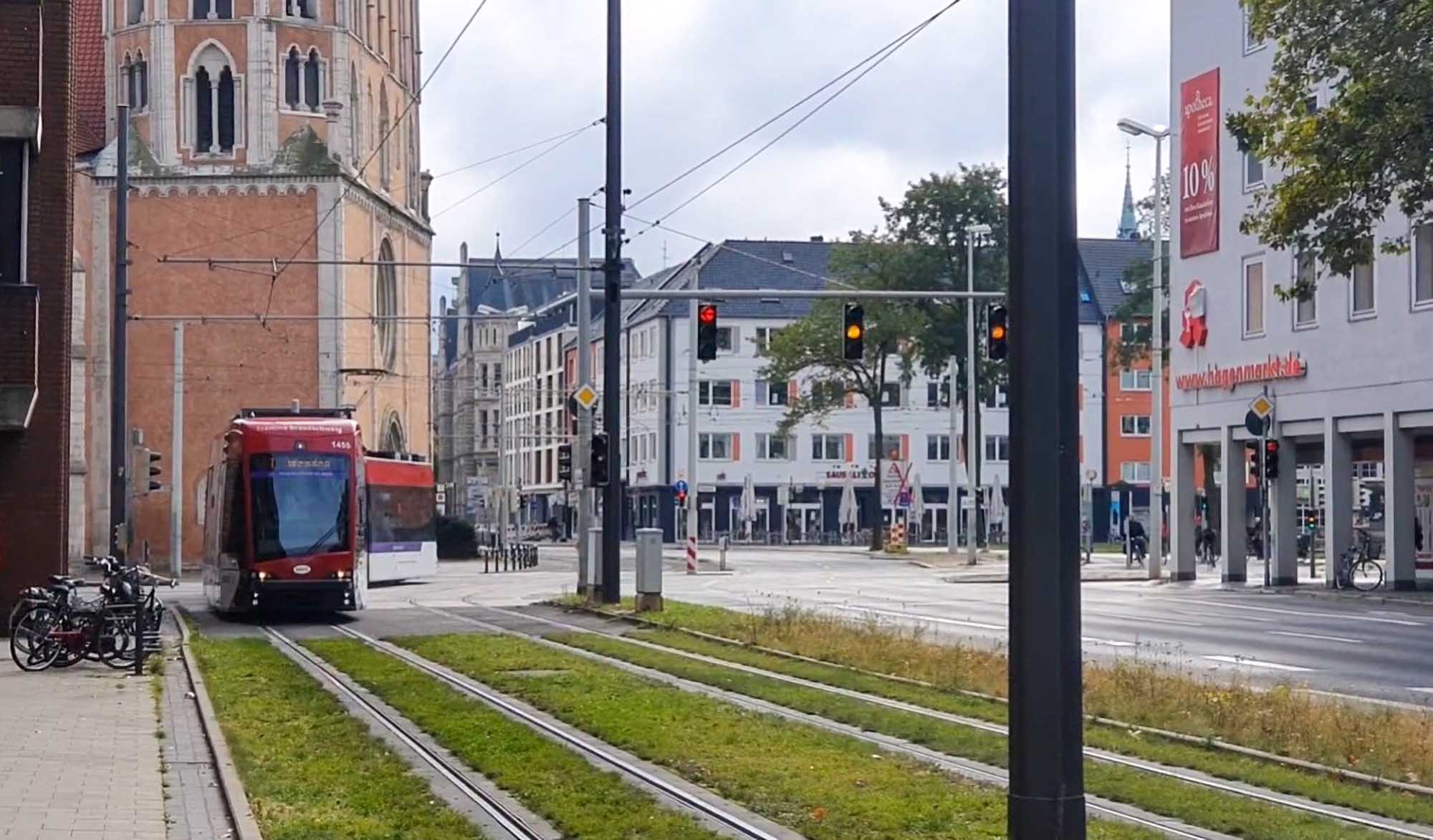An Austrian beekeeping expert has praised farmers for their efforts to protect flora and fauna.
Johann Kitzler from the town of Guttenbrunn near Zwettl in the State of Lower Austria revealed he achieved his second-best honey harvest result this year ever since he got into beekeeping in 1989.
The experienced apiarist said his colonies had performed better than expected. However, he also praised the decision of agricultural entrepreneurs to turn a certain part of their estates into biodiversity fields.
On these patches of grassland, flowers and plants can grow undeterred. Experts claim that even small patches are immensely beneficial to bees and other insects.
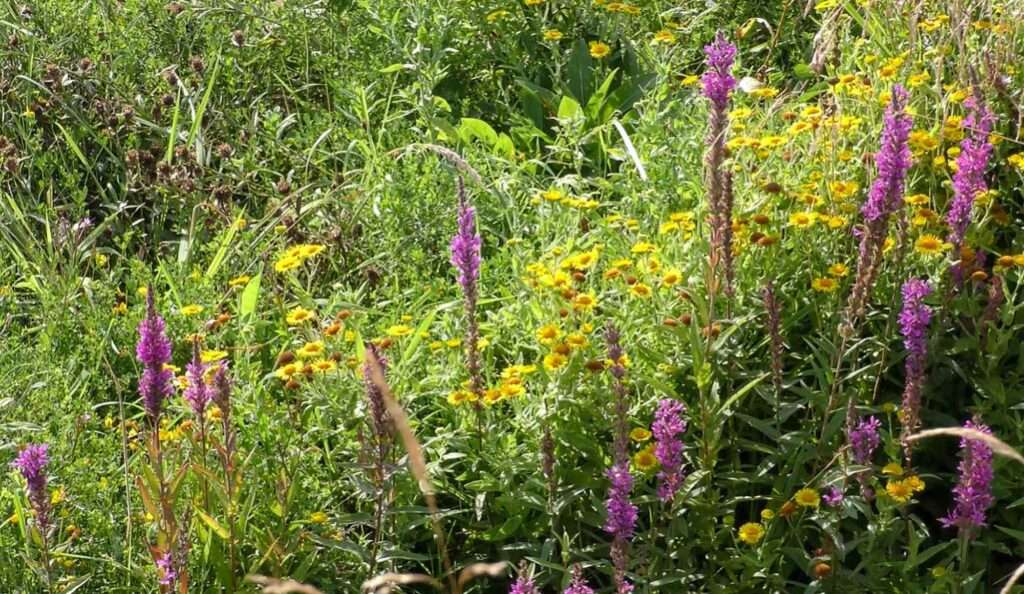
Johann told the NÖN newspaper: “Some of these fields feature good plants for bees.”
Reflecting on the weather this spring and what it means for his honeybees, he said: “During the cold and rainy spell in May, we feared there would be no honey at all this year. However, things then took a significant swing for the better. Eventually, it has been a very good year.”
Lower Austria is one of Austria’s main apiculture regions. Around 5,000 of the provincial state’s 1.7 million inhabitants engage in beekeeping. They are currently in charge of approximately 40,000 colonies.
Johann’s praise for local farmers’ biodiversity efforts comes on the back of the presentation of a refuge for undomesticated pollinators, or wild bees, in the neighbouring region of Upper Austria.
Apiarist Johann Puttinger, who has been one of the initiative’s driving forces, said the insects were in need of flowery unmowed meadows such as the one installed in Helpfau-Uttendorf, a small town in the district of Braunau.
Austria is home to around 700 different bee species. Many of them are considered to be at great risk of extinction. Wild bees do not produce honey. However, they are essential when it comes to keeping ecosystems healthy.
Another Austrian biodiversity initiative was unveiled in the autumn of 2022 when officials in a town near the Lower Austrian capital St. Pölten promised to invest more than EUR 1,500 (GBP 1,300) in additional trees.
Traismauer authorities explained that, since the 160 participants of the ‘Run 4 Bees, Run 4 Trees’ charity event covered 1,509 laps altogether on the inner-city course, EUR 1,509 would be spent on new trees to be planted all over the town.
Furthermore, a 61-square-metre premise owned by the town hall will become an untouched biotope to ensure the continuation of bees’ pollinating activity and strengthen the local ecosystem.
Dominik Linhard works as a biologist for the Austrian environment protection organisation Global 2000.
He told NewsX: “Even small spaces can be of great importance. We are trying to encourage people to create flower meadows and small biotopes.
Dominik underlined: “For biodiversity, it’s important that lawns get mowed less often and that people abstain from using pesticides. Their application is causing great damage.”

